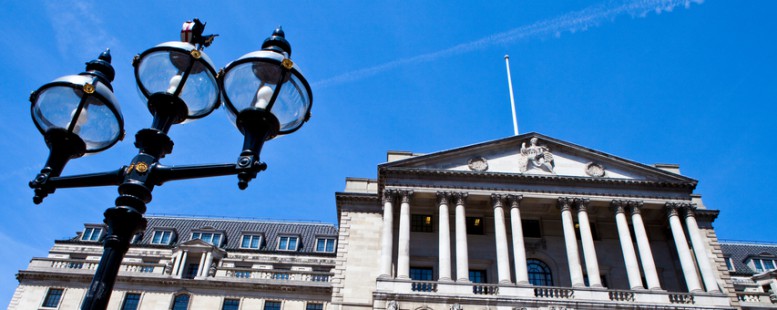Our Opinion: 2017
Pound’s Strength withstanding Brexit

Sterling has withstood bad Brexit news so far, but that may not last.
After Britain voted to leave the European Union last June, the pound dropped by a tenth in a matter of days. Traders talked fearfully of it reaching parity with the euro, or even the dollar. In October sterling hit an all-time low. Since then the government’s Brexit stance has hardened; it plans to leave the EU’s single market and customs union, and impose restrictions on immigration, which is likely to damage Britain’s economy. But rather than tumbling further, the pound has grown stronger since October. A Pound now buys €1.17 or $1.25.
In the days following the referendum traders ditched sterling for a number of reasons. They assumed that economic growth would immediately slow, forcing the Bank of England to loosen monetary policy. The Bank obliged, cutting interest rates in August. As the returns on sterling-denominated assets fell, fewer traders wanted to hold them. Investors also feared that Brexit would hit Britain’s long-term growth prospects.
Sterling has stabilised since October partly because the post-referendum economy has so far beaten expectations. It was in October that hard economic data started to filter out, showing that unemployment had continued to fall and GDP growth to accelerate since the vote.
That, paired with worries about higher inflation linked to sterling’s decline, led traders to revise their predictions of the Bank of England’s next move.
But Sterling faces a risk in the form of Britain’s current account deficit. In the third quarter of 2016 it was equivalent to 5% of GDP, by far the highest level of any big country. At its simplest this means that Britain is borrowing a large amount from abroad. Foreign investment in British assets, such as mansions in Kensington, props up sterling’s value.
On this front, Brexit has not done much damage. For all its political turmoil, Britain is still a relatively stable place. Since June foreign investors looking for a safe place to park money have loaded up on British government debt. Eduardo Gorab from Capital Economics, recently confirmed that foreigners still have a taste for British commercial property: in February they made net purchases amounting to nearly £1bn, a level not very different from the year before. In the fourth quarter of 2016 the value of overseas acquisitions of British firms hit its highest-ever level—though many of those deals would have been in train before the referendum.
As long as foreigners continue to prize British assets the large current-account deficit can endure, supporting sterling. Capital tends to flow towards countries that can make productive use of it or where assets are safe. But if that perception were to change—say, if the Brexit negotiations got off to a bad start—foreign investors might think twice. And an economic slowdown may not be far off.
13th April 2017
